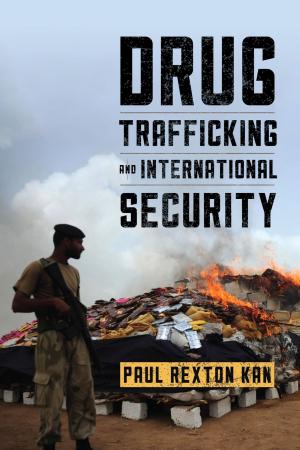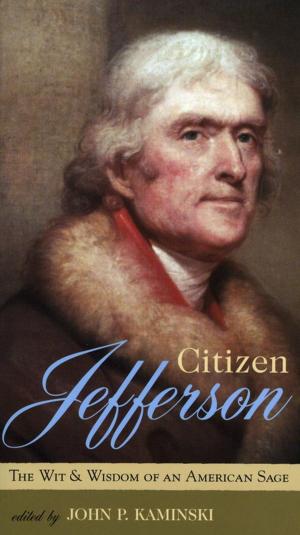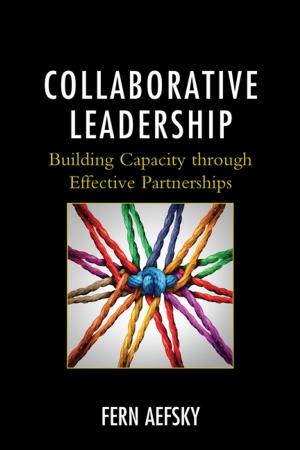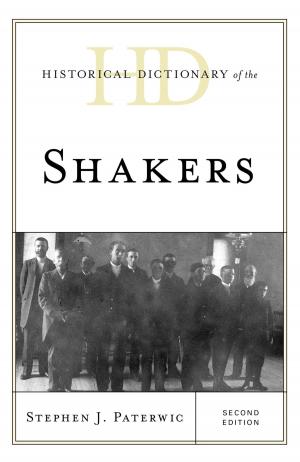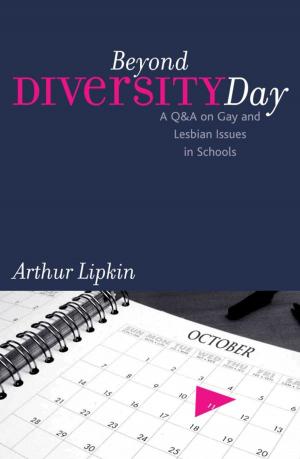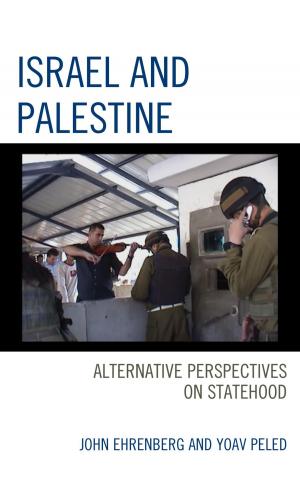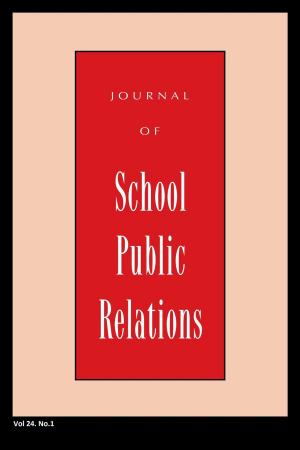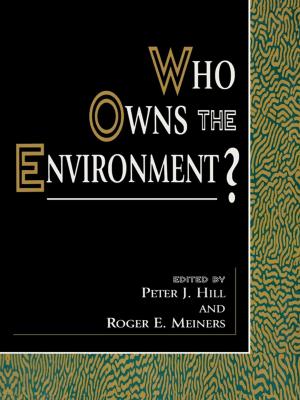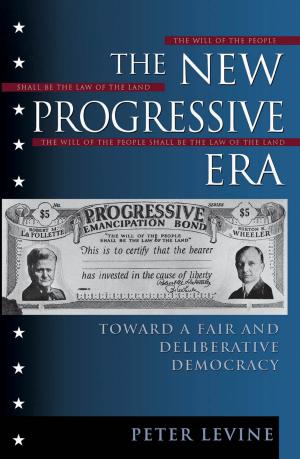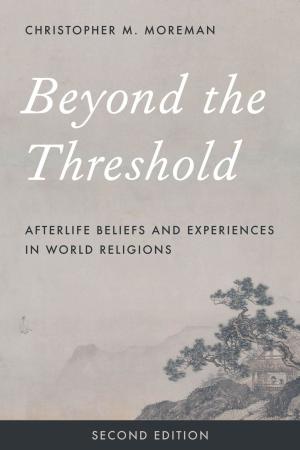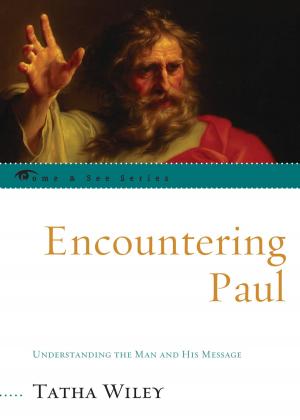Michel Foucault and the Politics of Freedom
Nonfiction, Religion & Spirituality, Philosophy, Political| Author: | Thomas L. Dumm | ISBN: | 9781461609186 |
| Publisher: | Rowman & Littlefield Publishers | Publication: | April 3, 2002 |
| Imprint: | Rowman & Littlefield Publishers | Language: | English |
| Author: | Thomas L. Dumm |
| ISBN: | 9781461609186 |
| Publisher: | Rowman & Littlefield Publishers |
| Publication: | April 3, 2002 |
| Imprint: | Rowman & Littlefield Publishers |
| Language: | English |
What is freedom? In this study, Thomas Dumm challenges the conventions that have governed discussions and debates concerning modern freedom by bringing the work of Michel Foucault into dialogue with contemporary liberal thought. While Foucault has been widely understood to have characterized the modern era as being opposed to the realization of freedom, Dumm shows how this characterization conflates FoucaultOs genealogy of discipline with his overall view of the practices of being free. Dumm demonstrates how FoucaultOs critical genealogy does not shrink from understanding the ways in which modern subjects are constrained and shaped by forces greater than themselves, but how it instead works through these constraints to provide, not simply a vision of liberation, but a joyous wisdom concerned with showing us, in his words, that we Oare much freer than we feel.O Both as an introduction to Foucault and as an intervention in liberal theory, Michel Foucault and the Politics of Freedom is bound to change how we think about the limits and possibilities of freedom in late modernity.
What is freedom? In this study, Thomas Dumm challenges the conventions that have governed discussions and debates concerning modern freedom by bringing the work of Michel Foucault into dialogue with contemporary liberal thought. While Foucault has been widely understood to have characterized the modern era as being opposed to the realization of freedom, Dumm shows how this characterization conflates FoucaultOs genealogy of discipline with his overall view of the practices of being free. Dumm demonstrates how FoucaultOs critical genealogy does not shrink from understanding the ways in which modern subjects are constrained and shaped by forces greater than themselves, but how it instead works through these constraints to provide, not simply a vision of liberation, but a joyous wisdom concerned with showing us, in his words, that we Oare much freer than we feel.O Both as an introduction to Foucault and as an intervention in liberal theory, Michel Foucault and the Politics of Freedom is bound to change how we think about the limits and possibilities of freedom in late modernity.

